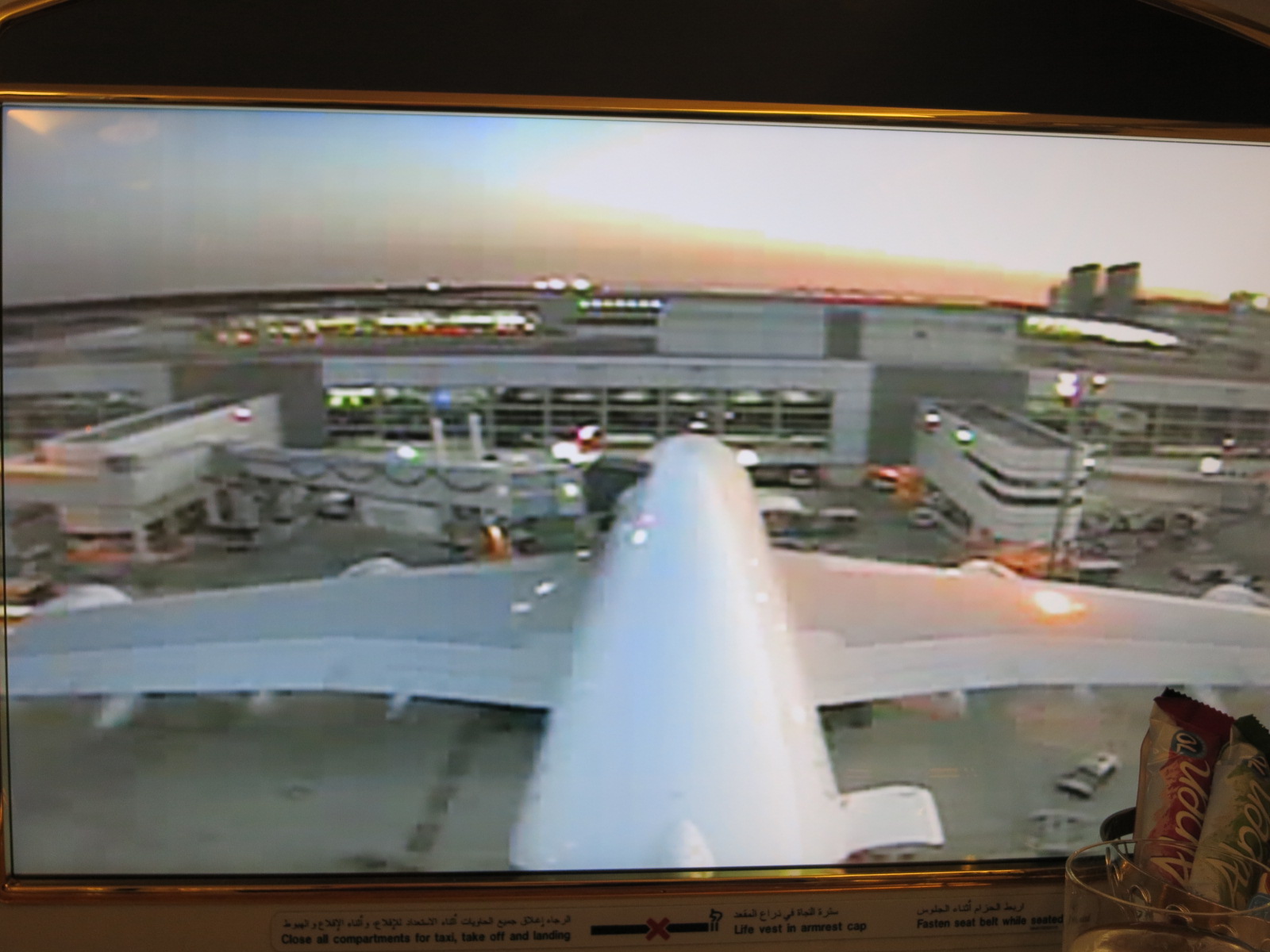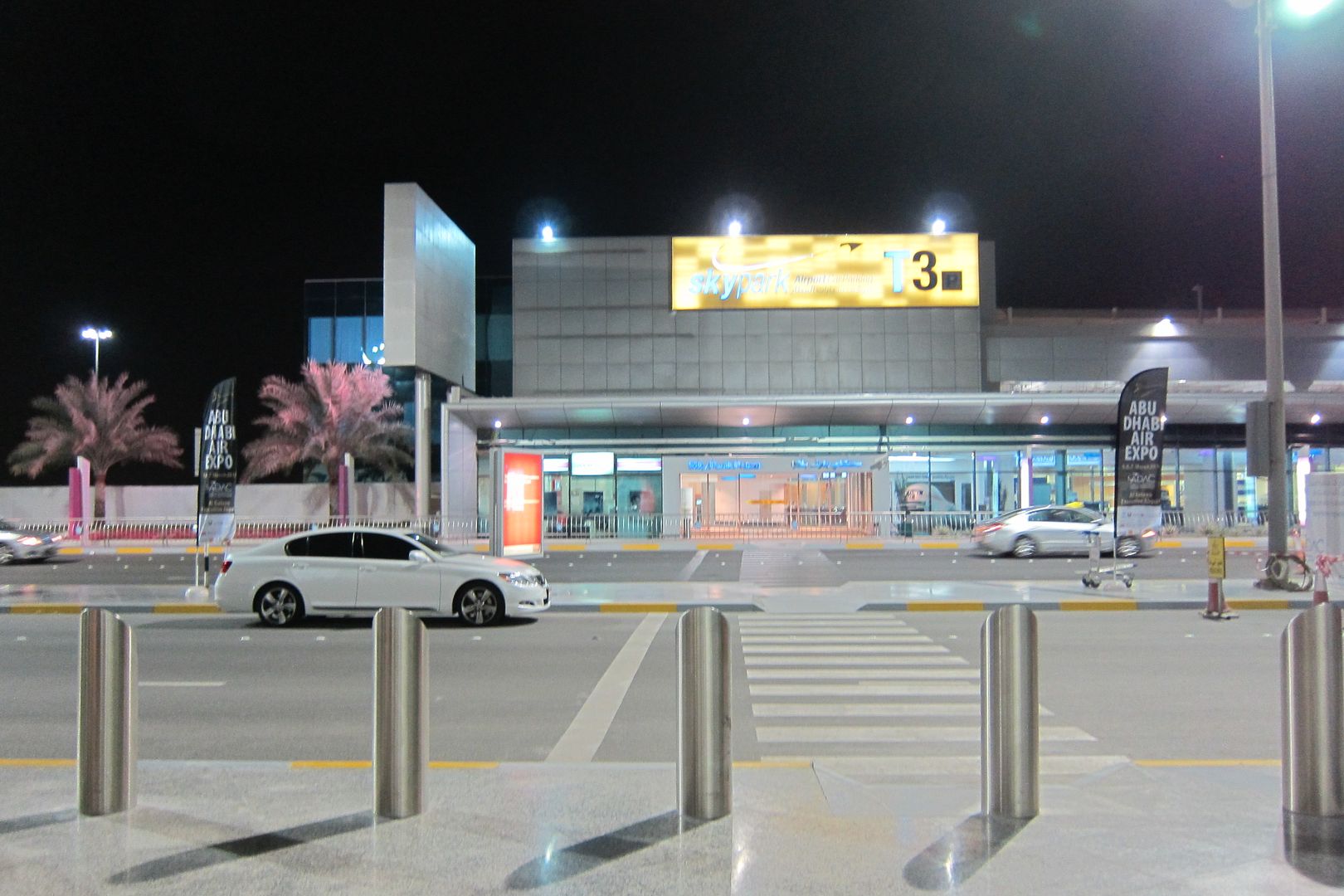The electronics ban has been lifted on Emirates and Turkish flights to the U.S.. The ban on electronics onboard Saudi flights to the U.S. is expected to be lifted by July 19.

Emirates Airbus A380 in Houston
The electronics ban ended for Etihad flights from Abu Dhabi to the U.S. last week.
Security out of Abu Dhabi is already more stringent than most airports in the world, and is overseen by the U.S. to begin with. So either the people adding that airport to the electronics ban list didn’t know what they were doing or they were making decisions for reasons other than security (e.g. not wanting to favor one airport in the region over another).

Abu Dhabi Terminal 3
Similarly, it’s not possible that meaningful changes to security have been made over the last week since the U.S. laid out its list of demands which includes promises to buy expensive new technologies in the future that do not yet even exist. And it’s not possible that changes have been made in the past few days that couldn’t have been made in the preceding three and a half months.
Istanbul had security at or above world standard to begin with and even when terrorists attacked the airport it was landside rather than past security. We learned the exact wrong lessons from the Istanbul and Brussels airport attacks.
Anyone who used to believe that decisions announced under the guise of security were made based on the best possible objective evidence with the sole goal of keeping us safe surely have reason to question that belief.
The ban on inflight electronics for flights from certain airports to the U.S. was a stupid policy even if the underlying concern was valid. It made planes less safe (due to the risk of lithium ion batteries in the cargo hold catching fire) without keeping electronics out of the hands of dangerous people heading to the U.S. who could fly Emirates via Milan or Athens or Azerbaijan Airlines from Dubai to Baku to New York JFK.

However even administration officials acknowledged that the ban was not in response to a specific piece of intelligence or plot, although they suggested terrorists have been trying to hide explosives in electronics (for the past several years).


Elect stupid leaders, get stupid policy.
I am glad the policy ended. It was dumb anyway since the laptop still traveled on the plane. If there was a bomb in it, it would still do damage if it is in the cabin or in the checked baggage area, so the rule really made no sense.
Honestly – another absurd post. You have no way of knowing whether security improvements have been made – because those improvements could all be non-physical, behind the scenes measures such as improvements in information sharing and passenger background checks. Physical measures – such as “improved” screening devices could be coming later on.
James said it right !
Your post makes it sound like the electronics ban is on an airline rather than on an airport.
@David – it’s more or less synonymous since only one airline flies non-stop from Abu Dhabi to the U.S., Riyadh to the U.S. etc.